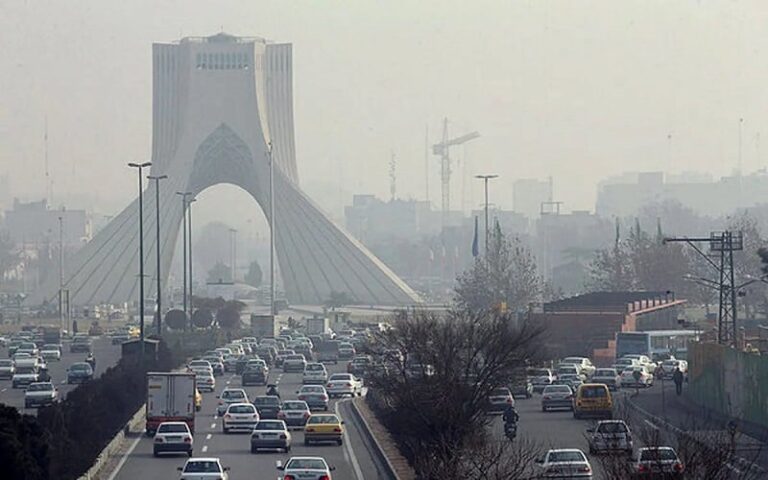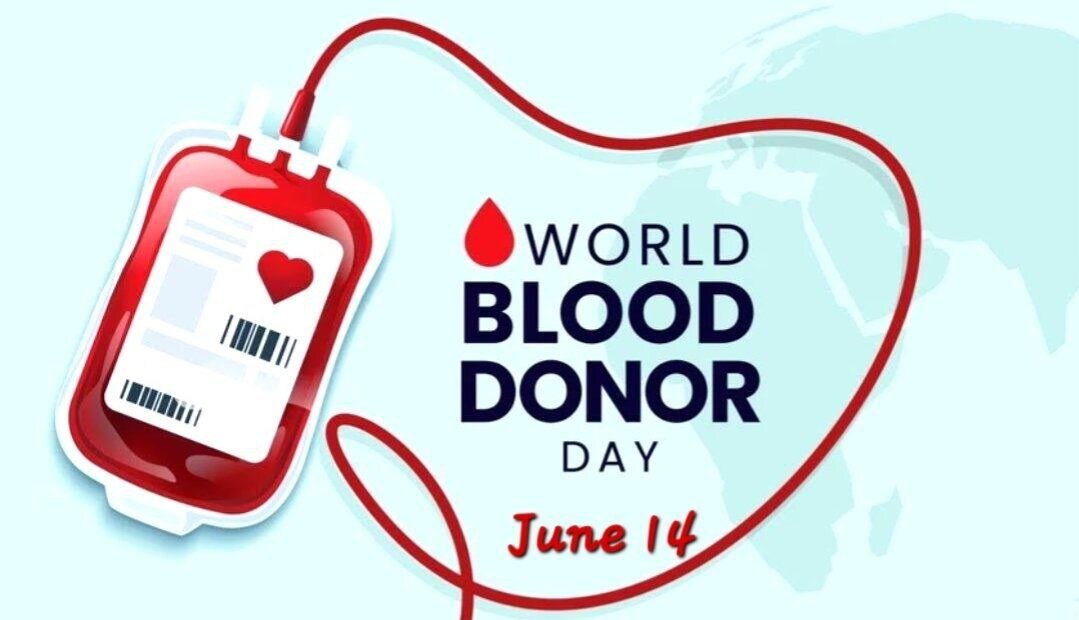
Similar Posts
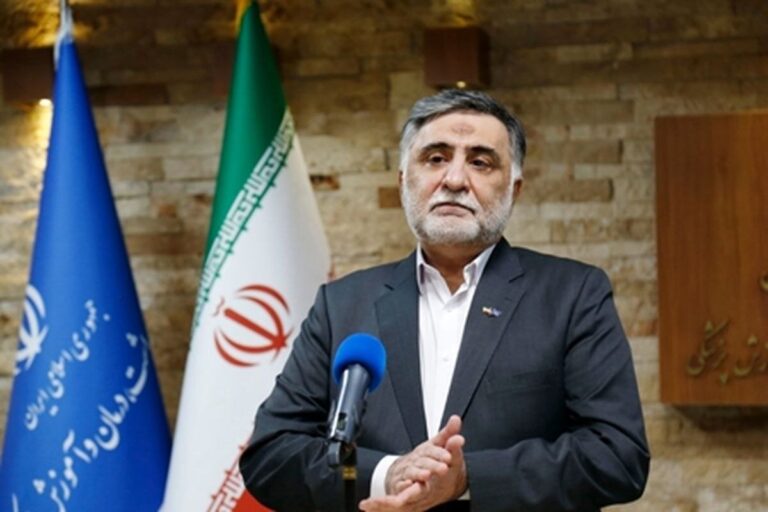
WHO Champions National ‘Say No to Accidents’ Campaign to Enhance Road Safety
The World Health Organization (WHO) is launching a national campaign in Iran called “Say No to Accidents” to improve road safety and reduce fatalities, which reached approximately 20,000 in 2023. WHO representative Jaffar Hussain highlighted the critical need for public awareness and collaboration with policymakers to address this health challenge. The campaign will use digital platforms to convey safety messages and promote partnerships for better road safety adherence. Road traffic accidents significantly impact young people, with recent statistics showing a decrease in fatalities. The WHO also observes a World Day of Remembrance for Road Traffic Victims to honor those lost.
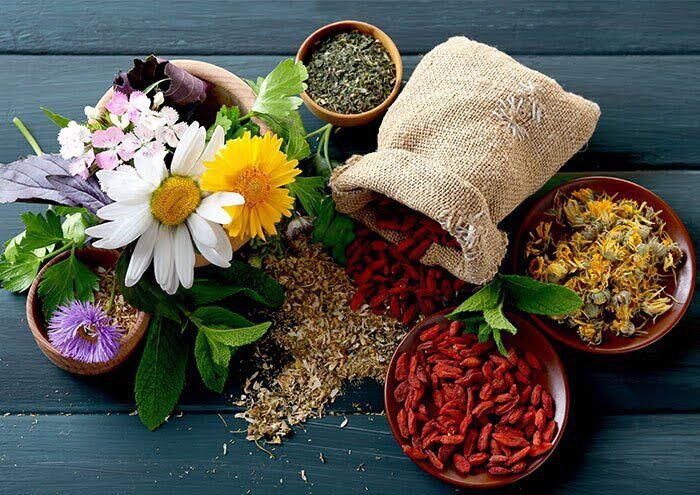
Iran Shines in Global Health: Ranks Third in Traditional Medicine Trials on ICTRP!
A recent World Health Organization report highlights Iran’s significant position in traditional medicine, ranking third in traditional medicine trials globally, after China and India. While traditional medicine trials comprise about 3% of all clinical trials in Iran, only 0.3% of healthcare staff specialize in this field, indicating potential for growth. An international symposium held in Tehran focused on integrating traditional medicine into the healthcare system. Iranian traditional medicine emphasizes health maintenance and disease prevention, rooted in historical teachings. With around 8,000 plant species and ongoing training programs, Iran is committed to preserving its medical heritage while advancing practices.
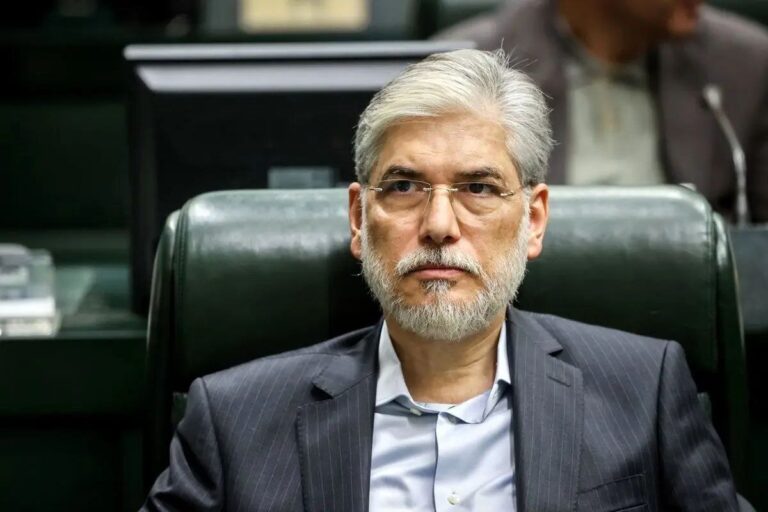
Tehran Set to Welcome OIC Science Ministers This Spring: A Hub for Innovation and Collaboration!
Iran will host the science ministers of the Organization of Islamic Cooperation (OIC) this spring, aiming to boost scientific and technological collaboration among member states. Minister Hossein Simaei-Sarraf highlighted initiatives like establishing science parks and facilitating academic exchanges. Iran ranks first among Islamic countries in neural network technology and multi-agent systems, and second in AI and robotics. Key universities contributing to this progress include the University of Tehran and Amirkabir University. Despite sanctions, Iran is committed to sharing its technological expertise, emphasizing the potential for unity and advancement among Islamic nations through collaborative efforts in science and technology.
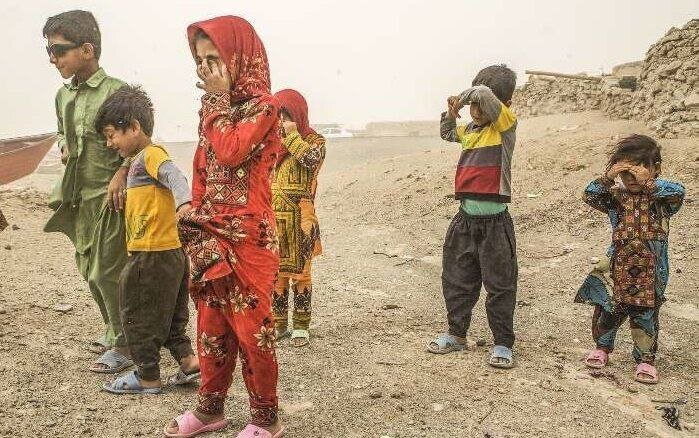
Health Ministry and UNICEF Team Up to Combat Severe Acute Malnutrition in Children
The Ministry of Health and Medical Education, in collaboration with UNICEF and funded by ECHO, is providing essential medical care for children under five suffering from Severe Acute Malnutrition (SAM) in Zabol, Sistan-Baluchestan. Since September 2024, over 54 children have received treatment, with initiatives set to continue into 2025, including cash card distributions for nutritious food. Amid ongoing food insecurity and challenges in Universal Public Health Insurance coverage, UNICEF is enhancing identification and referral systems. Additionally, following recent floods, UNICEF is improving access to safe water through solar-powered disinfection devices and water quality testing to safeguard community health.
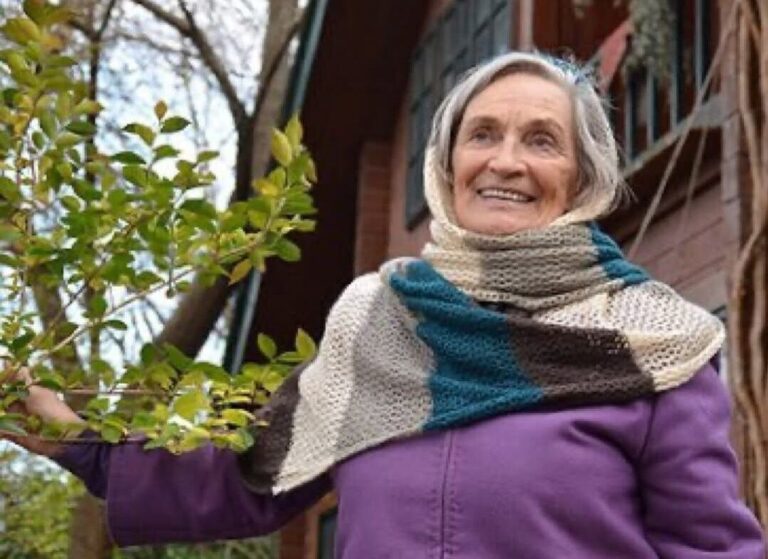
Introducing the Ellen Award: A Tribute to the Visionary Behind Siberian Crane Conservation
Iranian environmentalists are advocating for the establishment of an award honoring Finnish conservationist Ellen Vuosalo, known as the “mother of Siberian cranes,” for her significant contributions to wildlife preservation in Iran’s Mazandaran province. Over five decades, Vuosalo pioneered crane research and educated local communities on wildlife protection, emphasizing sustainable management of wetlands. Her efforts included forming the Mazandaran Crane Conservation Association and engaging with various universities. Vuosalo’s legacy, which challenges future conservationists to adapt to environmental changes, continues to inspire dedication to wildlife conservation. She passed away at 95, leaving behind a profound impact on biodiversity preservation.
